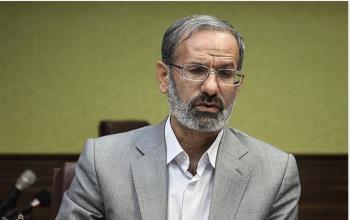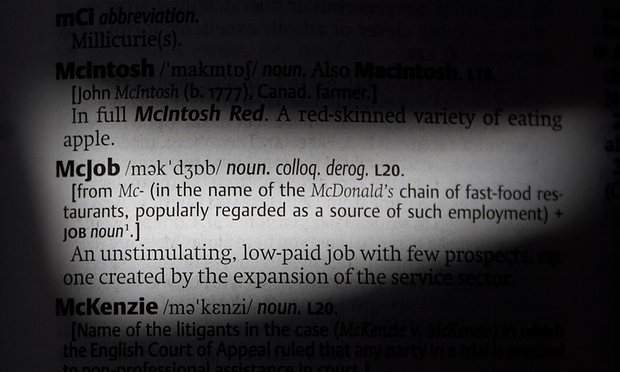Brexit may mean Brexit to Theresa May, but the Oxford English Dictionary has come to the aid of those who wish for a less opaque definition. The word is among 1,500 new words added to the dictionary this week.
OED editors steered clear of political controversy by defining the process of Brexit rather than its consequences or implementation. The definition reads: “The (proposed) withdrawal of the United Kingdom from the European Union, and the political process associated with it. Sometimes used specifically with reference to the referendum held in the UK on 23 June 2016, in which a majority of voters favoured withdrawal from the EU.”
Fiona McPherson, senior editor on the OED, told the Guardian the word had been one of the fastest to move from coinage to definition and listing. “It is very unusual for a word to take hold of the language so quickly,” she said. The word, she added, had filled “an empty space in our language, and the growing importance of the phenomenon it described”.
She added: “It has gone from a new word a couple of years ago to being on the front pages of foreign language newspapers used, which shows it is now a global word, not just one used here.”
As Grexit – Greece’s hypothetical exit from the EU – has also been added to the OED this month, it is expected that should momentum grow for EU membership referendums elsewhere Nexit (Netherlands), Frexit (France) and Oexit (Austria) will follow Brexit into the dictionary.
The influence of social media is visible in many of the new coinages. YouTubers, defined as “frequent user of the video-sharing website YouTube, especially someone who produces and appears in videos on the site” is included in the dictionary for the first time.
Anyone who stands up to internet trolls can now legitimately call themselves an upstander – “a person who speaks or acts in support of a cause, especially one who intervenes on behalf a person being attacked or bullied”.
A number of newly listed words and phrases have migrated from pop music, notably “get your freak on”: defined as “US slang (chiefly in African-American usage) 1) to engage in sexual activity, especially of an unconventional or uninhibited nature. 2) To dance, esp. in an uninhibited, wild, or exuberant fashion”. The phrase gained prominence in 2001 as the title of a Missy Elliott song.
Singer Beyoncé had a hand in the listing of Bama, originally a 1920s abbreviation of the US state of Alabama. It evolved to become slang for a person from the rural American south, but was reclaimed this year by the singer in Formation, a track from her latest album Lemonade. The lyric says: “My daddy Alabama / Momma Louisiana / You mix that negro with that Creole / make a Texas Bama.”
Words are admitted to the OED, McPherson said, according to their usage. “Once a word goes in, it doesn’t come out. We have to have examples of it having passed into common usage or within a specialist area.” Among the latest technical terms to have been added are examples of surfer lingo for wave types and surfing techniques.
As usual, a raft of management speak makes it into the dictionary, led by out-strategise: “a verb by to outmanoeuvre (an opponent, rival, etc.); to outdo in strategising”.
Though many additions to the 829,000 words in the dictionary arise from young people and social media, others reflect the ageing population. Leading the way for Baby Boomers is glam-ma: a glamorous grandmother, especially one who is comparatively young or fashion-conscious.



























